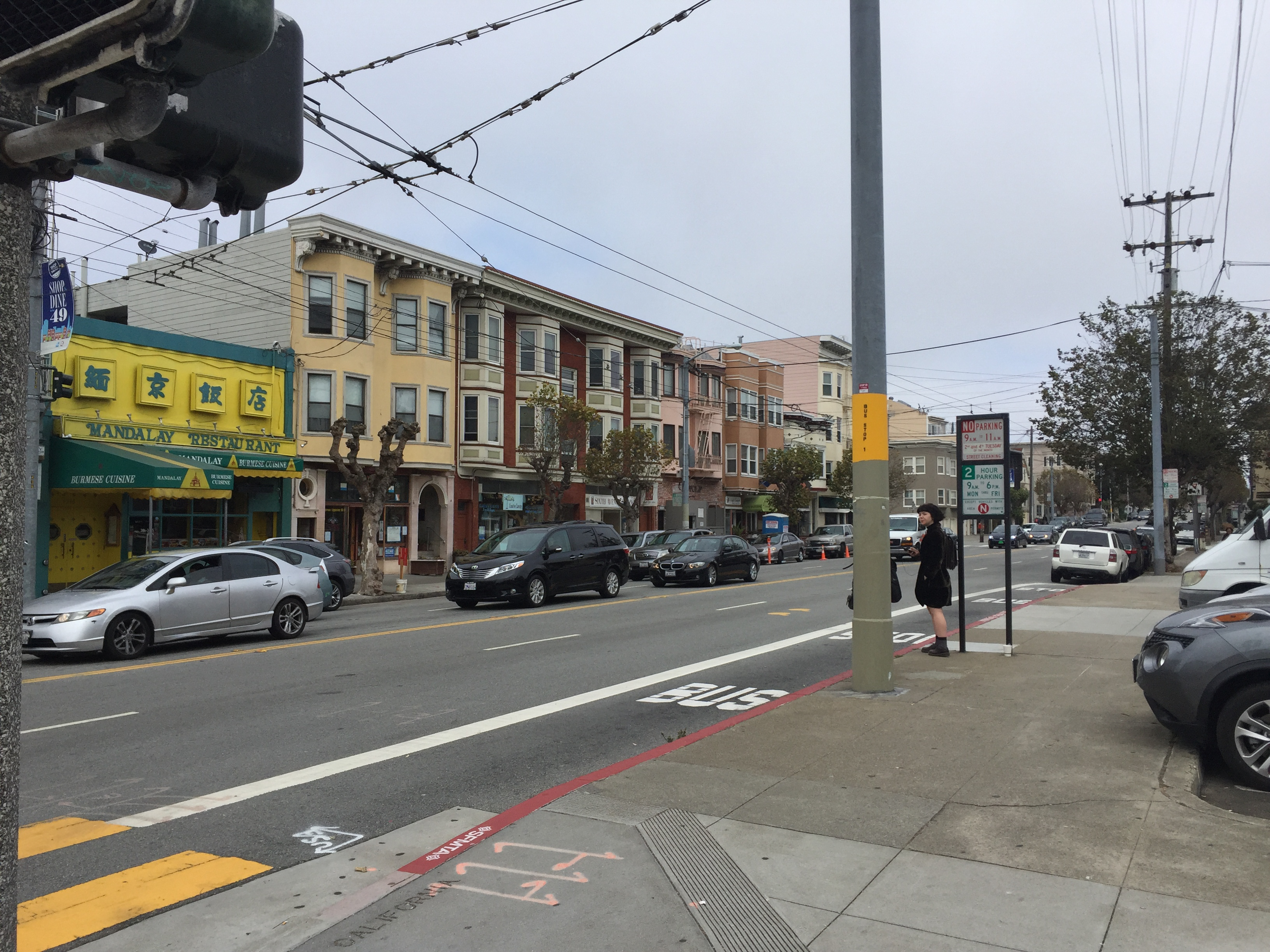The transit-oriented housing myth
 |
| Richmond District blog |
In the U.S., whether you own a car is the main determinant of how much you spend to get around—gas alone costs the average American nearly $3,000 annually. So it stands to follow that living in neighborhoods with good public transit access should reduce your transportation expenses.
This notion of “location efficiency” is one of the reasons that many housing advocates (including supporters of the now-dead SB 827, the radical transit-oriented housing proposal in California) are so passionate about building affordable units near train and bus stops.
But does moving to a transit-rich neighborhood mean a person’s transportation costs systematically come down? Not according to a new paper that studies a decade’s worth of income dynamics for 11,000 American families, rich and poor.
The study, published recently in the journal Housing Policy and Debate, finds almost no relationship between lower transportation spending and neighborhoods with better bus and subway connections when studied through the lens of real-world household spending.
The study, published recently in the journal Housing Policy and Debate, finds almost no relationship between lower transportation spending and neighborhoods with better bus and subway connections when studied through the lens of real-world household spending.
The findings may give pause to those interested in how housing and transportation, the largest household expenses in the U.S., intersect in wallets and bank accounts...
“It’s not that transit doesn’t help people,” said Klein. “But lots of people who are making totally rational decisions not to use transit and to have their car are doing it to help their family.”
The implications for housing planners and decision-makers, then, is that policies that assume good transit will lead to lower household spending won’t necessarily work for all families, especially those who aren’t already intent on giving up their cars...
Labels: Anti-Car, Highrise Development, Housing in the City, Rail Projects, Scott Wiener, Smart Growth, YIMBYs